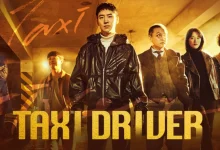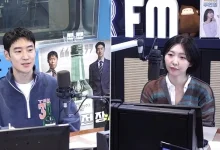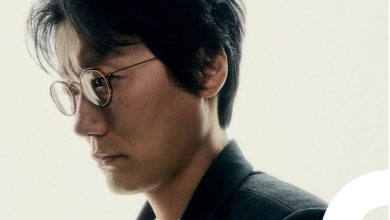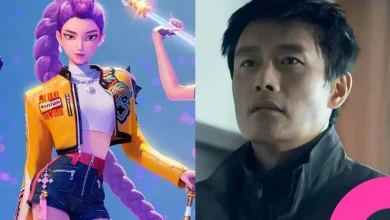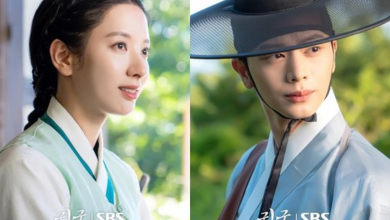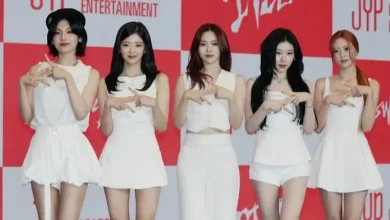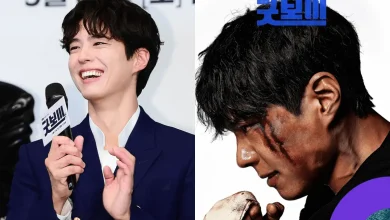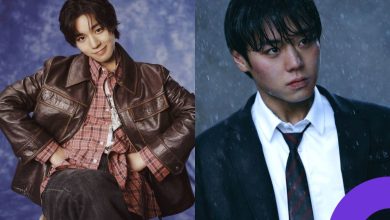Lee Je-hoon Shares Painful IMF-Era Memory: “My Father Went from Businessman to Day Laborer”
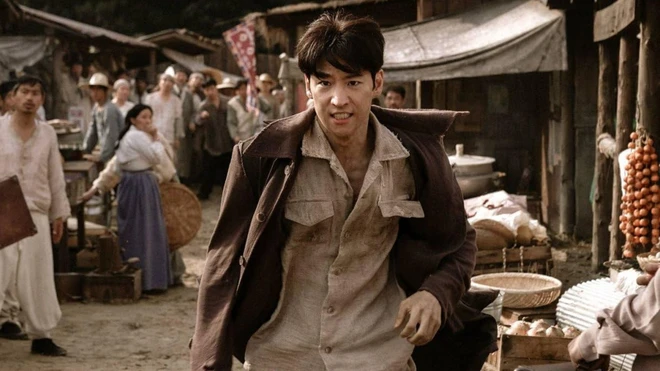
On June 2, Lee Je-hoon sat down for an interview at a café in Sogyeok-dong, Jongno-gu, Seoul, to discuss his latest film Big Deal (distributed by Showbox, produced by The Lamp Co., Ltd.).
Big Deal is set against the backdrop of the 1997 IMF financial crisis and tells the story of Jong-rok (Yoo Hae-jin), a finance director devoted to a soju company, who clashes with In-beom (Lee Je-hoon), a results-driven employee at a global investment firm. The two represent opposing values as they battle over the fate of Korea’s national soju industry.
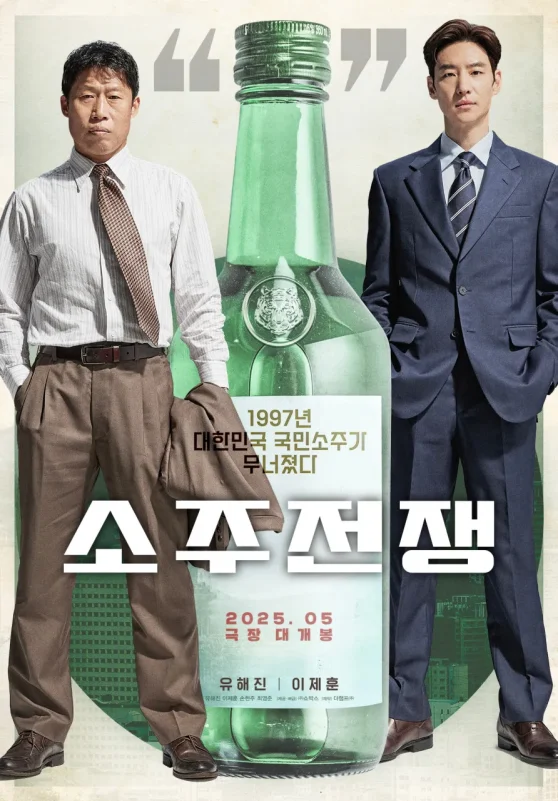
Lee Je-hoon portrays Choi In-beom, an elite investment firm employee who initially fails to grasp Jong-rok’s passion for the company or the post-work soju culture, but undergoes a transformation through their encounters.
Following The Art of Negotiation, another project centered on corporate themes, Lee Je-hoon once again explores financial and economic narratives through Big Deal. He commented, “I think this genre is still rare in Korea. Hollywood has produced many films about financial crimes, which I’ve enjoyed and studied. I’ve long hoped for similar stories to emerge in Korea, so discovering the Big Deal script was incredibly exciting.”
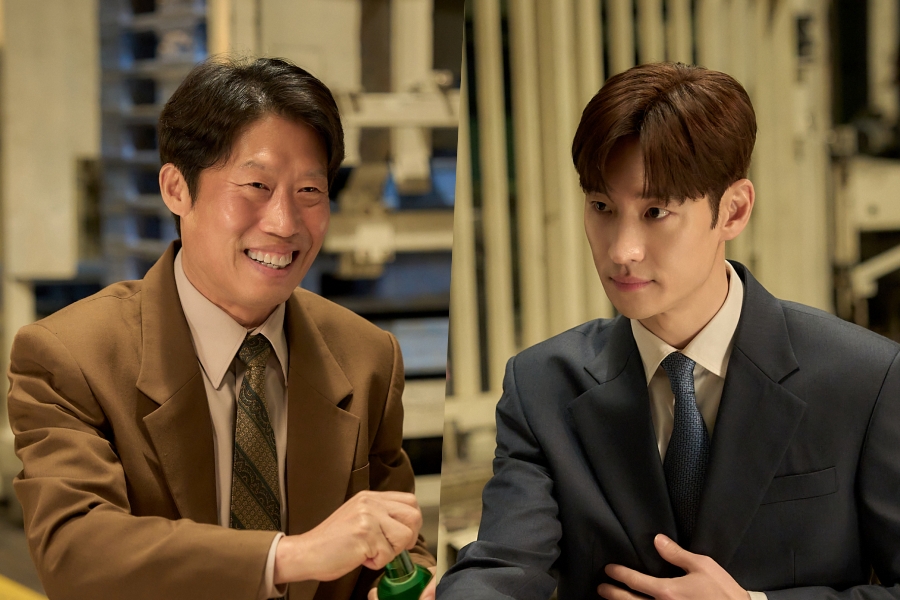
The IMF crisis setting carries personal significance for Lee Je-hoon. “It was meaningful to tell this story because I lived through that difficult time,” he said. “It felt surreal to translate those real experiences into a film.”
Recalling the era, Lee Je-hoon shared, “From middle school into my early 20s, I vividly remember the IMF period. My family ran small businesses like a rice shop and a restaurant, but after the crisis, my father had to take on day labor jobs. I witnessed how hard things became. As someone who lived through the collapse of small businesses, this story hit close to home—especially when reflecting on those school days.”
He continued, “I wanted to show how Korea has changed since the IMF crisis—how foreign capital entered, corporate governance shifted, and the financial system became more competitive. Though these changes caused disruption, they also improved transparency, thanks to the public’s determination. In Soju Wars, I wanted to reflect how we’ve progressed, yet now face growing moral hazards. Through soju, the film asks what values and principles guide us today.”
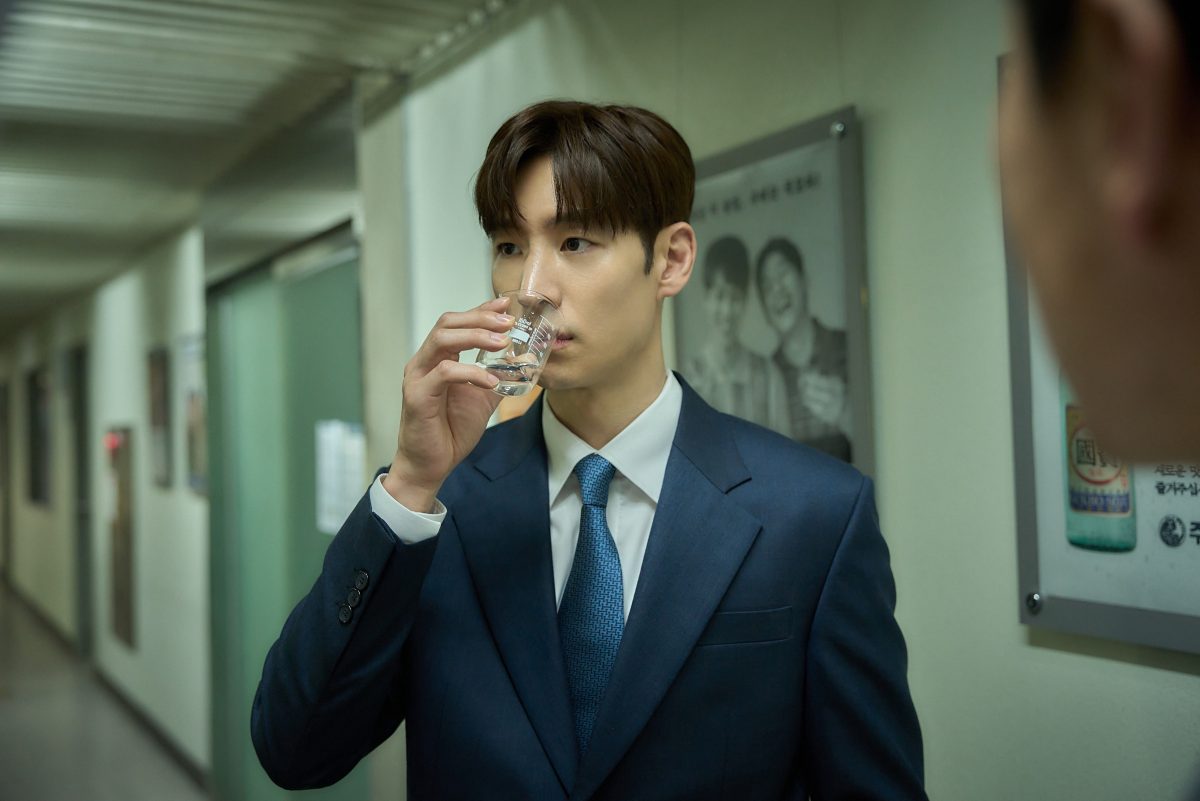
Having worked on two finance-centered projects, Lee Je-hoon’s interest in economics has grown. “I’m curious about how society operates,” he said. “Humans shape the world, and I’m drawn to how people connect and influence each other. I keep up with news and trends, think about living responsibly, and these questions influence my work—especially since I run a company. Soju Wars aligned with my thoughts on society, and The Art of Negotiation deepened that. I may keep choosing stories that reflect real-world issues—not just for me, but for anyone involved in today’s economy and society.”
He added, “The future is uncertain. Elections, news cycles, and global economic changes all affect our lives. As these forces evolve, people grow more aware and curious. I’m eager to see how Big Deal will be remembered when it’s revisited in the years to come.”
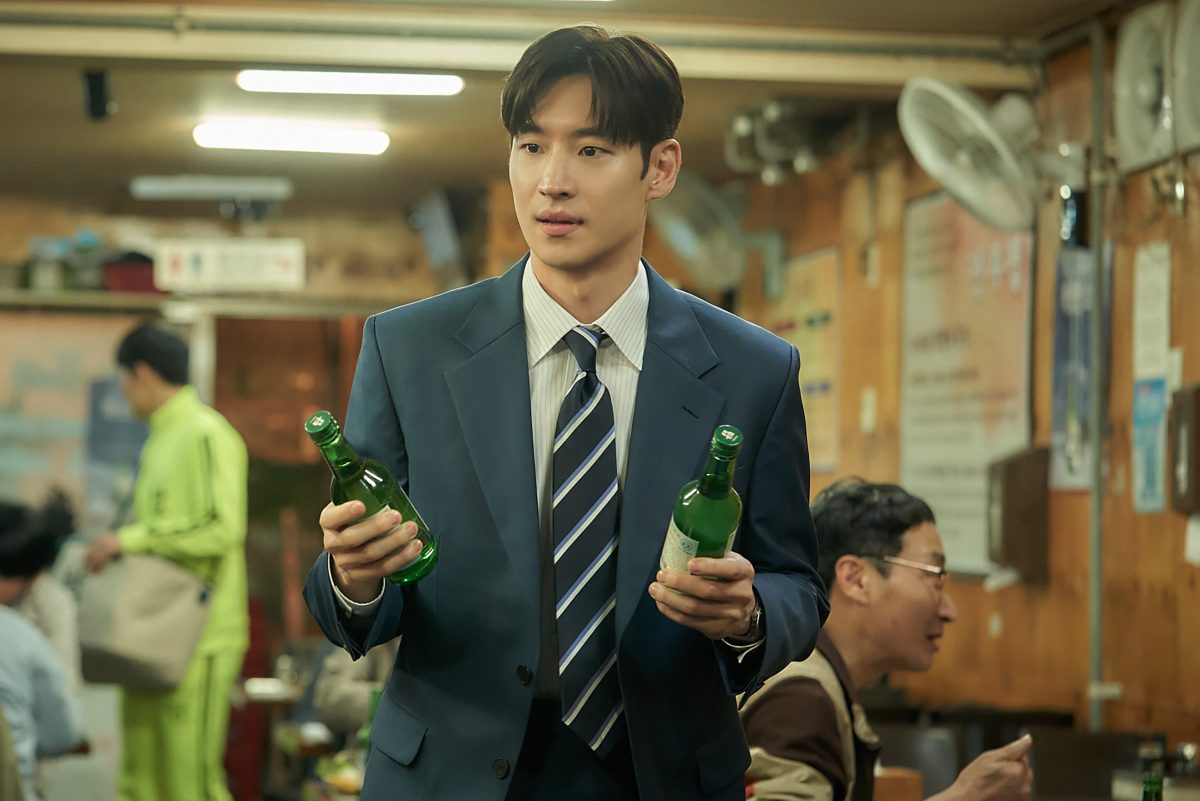
Through Big Deal, Lee Je-hoon not only brings a compelling character to life but also opens a dialogue on Korea’s economic history, cultural identity, and evolving values. His personal connection to the IMF crisis adds authenticity to the film, while his growing interest in finance and societal structures signals a thoughtful direction in his career.
